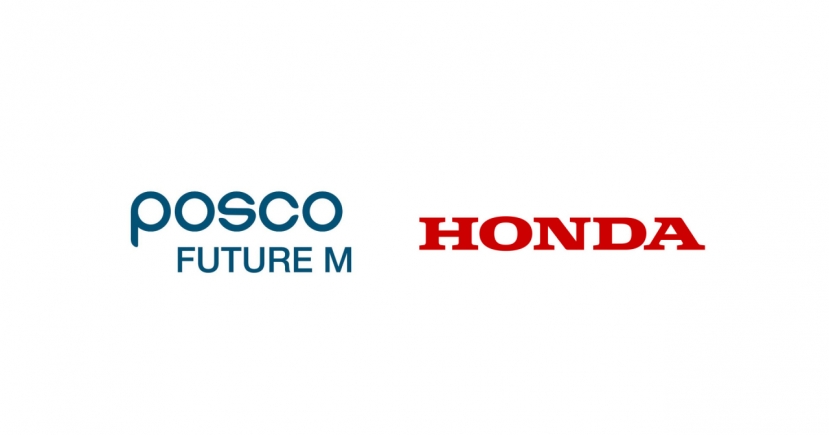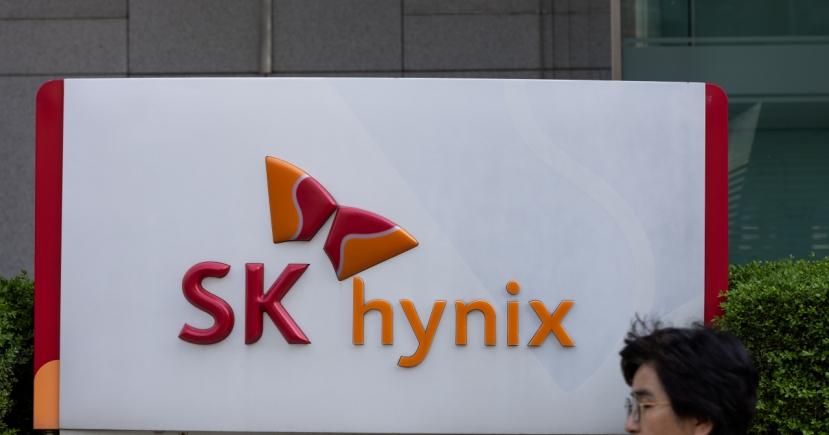Bio
Hanmi Phama to begin clinical trials of new antibody platform drugs in 2018
[THE INVESTOR] South Korea’s Hanmi Pharmaceutical plans to initiate clinical trials of the drugs using its new dual-targeting antibody platform from next year, according to a news report on Feb. 15.
The drug platform technology named Pentambody has been in the spotlight since the pharma firm’s chief executive showcased it at the J.P. Morgan Healthcare conference in January.
 |
Pentambody is a next generation bispecific antibody platform technology developed by its Chinese unit Beijing Hanmi Pharmaceutical for both immunotherapy and targeted therapy.
“We are preparing to launch full-fledged clinical studies using Pentambody by the end of next year,” Hanmi CEO Lee Gwan-sun said in an interview with local news media outlet the Yakup Shinmoon daily.
The company is currently conducting preclinical trials for cancer and autoimmune disease treatment substances applied Pentambody but it hasn’t decided on specific drug candidates for upcoming clinical studies yet.
Hanmi is not the first company to develop a bispecific antibody platform. US-based Amgen and Switzerland’s Biotech have marketed their leukemia and anti-cancer treatments using their own dual-targeting antibody technology.
He said the new platform will enable selective therapies as it redirects immune cells to tumor cells.
It has structural characteristics similar to natural immunoglobulin bispecific antibody format which makes it possible to produce dual antibodies with excellent immunogenicity and stability and high production efficiency, he added.
Cancer treatments have had a three-stage evolution -- chemotherapy, targeted therapy and immunotherapy.
In recent years, studies on immunotherapy have been brisk as the treatment, which uses certain parts of a patient’s immune system to fight diseases, produces fewer side effects than chemotherapy and can be applied to broader number of patients than targeted therapy.
By Park Han-na (hnpark@heraldcorp.com)








